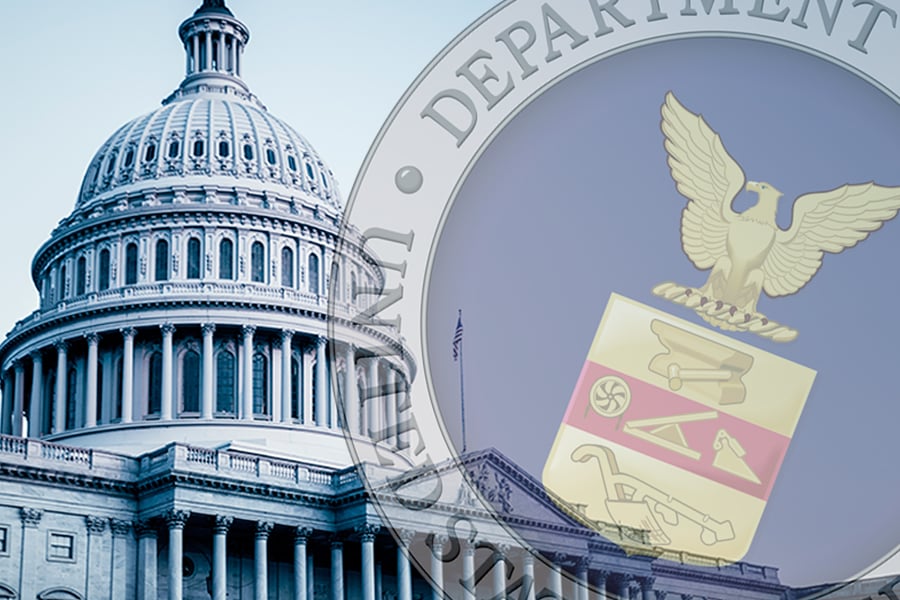Rumors of the demise of the Department of Labor's looming fiduciary rule have been greatly exaggerated, according to a panel of experts speaking Tuesday at the MarketCounsel Summit in Miami.
While the unexpected election of Donald Trump as the next president might have fueled speculation about the future of the controversial rule, the general sense is that the advice industry would be wise to proceed as if everything is on schedule for the April effective date.
“The rule is not as good as dead; it's not that easy,” said Skip Schweiss, managing director of advocacy at TD Ameritrade Institutional.
“This is a final rule, so to undo it would require new rule-making,” he added. “A delay is likely, but I don't see flat-out repeal.”
(Related read: Why it would be a mistake for advisers to stop implementing the DOL fiduciary rule)
Mr. Schweiss' fellow panelists included Knut Rostad, founder and president of the Institute for the Fiduciary Standard, and Blaine Aikin, executive chairman of fi360 Inc.
While the rule isn't expected to hit the dustbin with the new Trump administration, the panelists do see the potential for adjustments to the rule, and some of that was expected regardless of who won the presidency.
“I think there will be some level of change to the rule,” Mr. Aikin said.
Mr. Rostad hedged his bet even further by suggesting, “There can be changes around the edges, or changes at the core, but I expect with certainty that there will be uncertainty for a while.”
With that in mind, he advised registered investment advisers to stay on course toward embracing the rule.
“I would not put things on hold,” Mr. Rostad said. “But in addition to the compliance side, firms should also be looking at the marketing side of this.”
The panelists agreed that regardless of what the rule looks like when it officially takes effect, savvy RIAs should be adopting it and leveraging that fact as a marketing tool with consumers.
“It's not enough to just say you're a fiduciary anymore,” Mr. Rostad said. “There has been raised awareness of fiduciary responsibility.”
Along the lines of fiduciary duties, Mr. Schweiss stressed that fee transparency is too often accepted as being enough, when in fact most consumers don't know what they're paying for.
“Nobody can argue with the need for transparency and disclosure, but transparency alone is not enough to protect consumers,” he said. “Transparency is not proven to be effective enough because clients don't read the materials. I'm a believer that there does need to be higher standards.”
To that point, Mr. Rostad added that “it is absolutely, positively true that disclosure is not enough, and it's absolutely, positively true that disclosure doesn't work.”
“The industry standard right now to the issue of fee and disclosure is not a matter of what I paid, but how I got paid,” he added. “There's a perception that telling how you got paid settles the issue.”







